–Law School Story from Tony Arseneault, Université Laval’s Faculty of Law (Quebec, Canada), Date of event: 2011
In 2011, I was at my first session at Université Laval’s Faculty of Law, when I had the pleasure to meet the teacher that changed my perception of constitutional law forever: Patrick Taillon.
I come from the province of Quebec, Canada. As you may or may not know, Quebec is a civil law (French law) province when it comes to private law, and common law (English law) when it comes to public law. Essentially, all subjects like Contracts, Civil Liability or Property Law are in the realm of civil law, with everything that entails.
Since these classes are based around the mastery of the Civil Code, there is really no place for the Socratic method. Classes are taught for the most part with long lectures and minimal student intervention. This way of teaching law, common in purely civilist countries, bleeds over to the teaching of common law subjects. That means there is also no Socratic method in our common law classes, like Constitutional Law.
Thus, since teachers can’t entertain themselves at our expense through Socratic dialogues, and since teaching law in the civilist manner is, frankly, pretty boring, some of them choose to go the other way around: they entertain us.
Mr. Taillon has a pretty … unique way to do that for such a learned legal scholar. He laced his classes with sexual references to drive home points in a memorable way.
Two examples:
—Trying to teach us about the separation of powers (which is much less defined in Canada than it is in the United States) and checks and balances, his explanation went like this: “Essentially, the three branches are brothers and sisters and they have an incestuous triangle going on. They screw each other all the time.”
—Teaching us about article 56.1 of the Canada Elections Act, a disposition that removes the power from the Governor General to choose the date of the elections while saying that nothing in the article removes power from the GG: “This is like a rapist yelling ‘THIS IS NOT A RAPE’ while he’s doing it.”
All the while, he kept telling us what a “crappy country” we live in, because a huge part of the Constitution is unwritten and how our constitutional system is “done very badly” and “makes no sense.”
To this day, I only have to remember the sexual innuendo of the class to access everything he taught in class, filed neatly in a mental drawer. His enthusiasm for the subject is contagious. He always gave us a ton of laughs in a subject that really isn’t straightforward. He made me decide to focus more on Constitutional Law in the future.


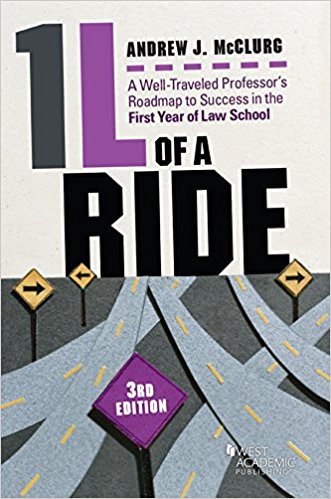
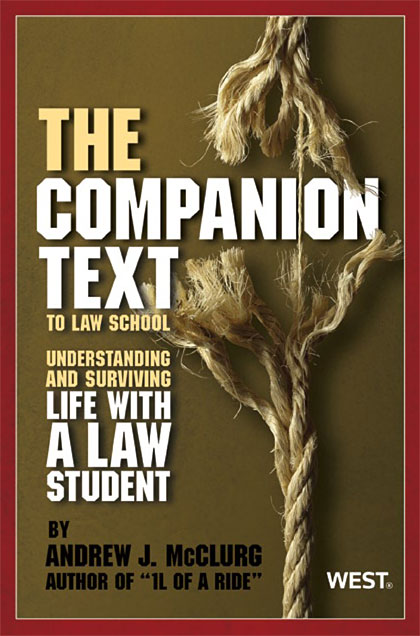




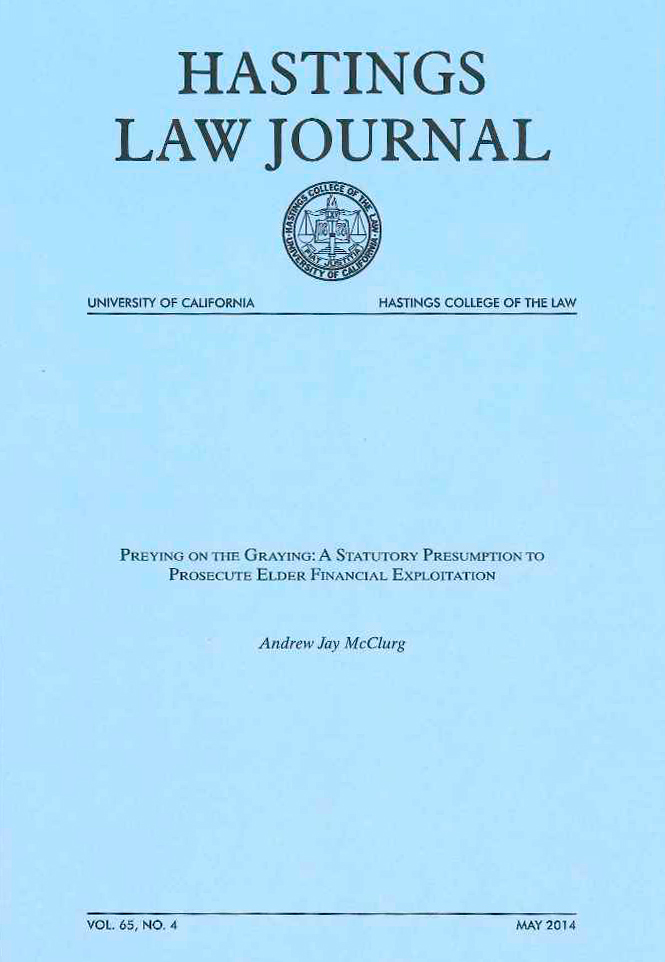
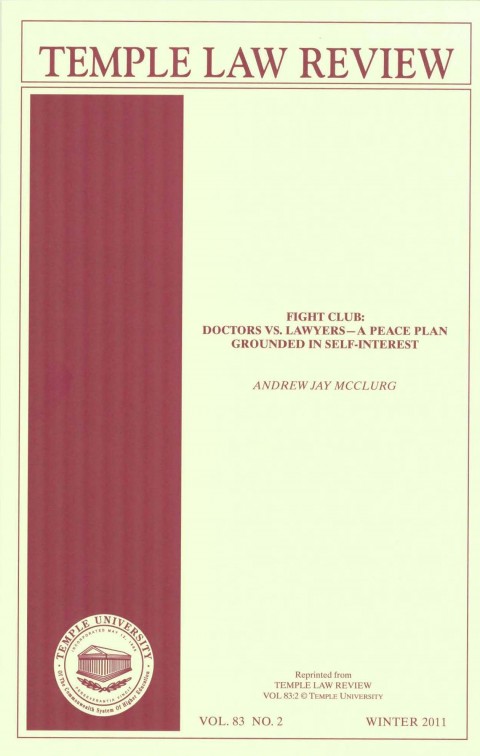
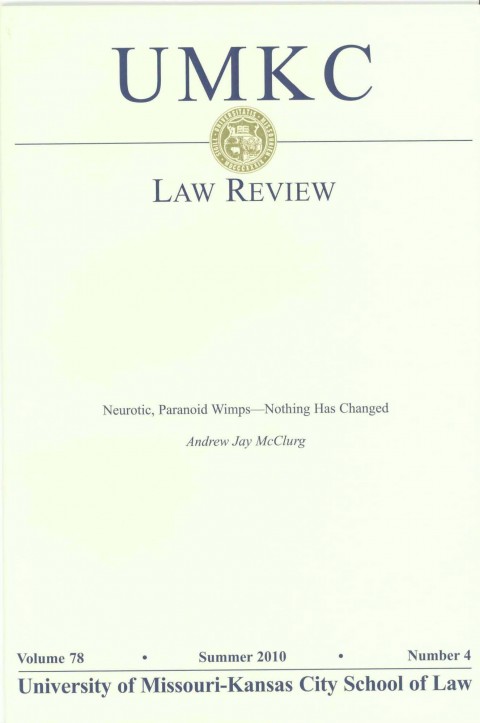
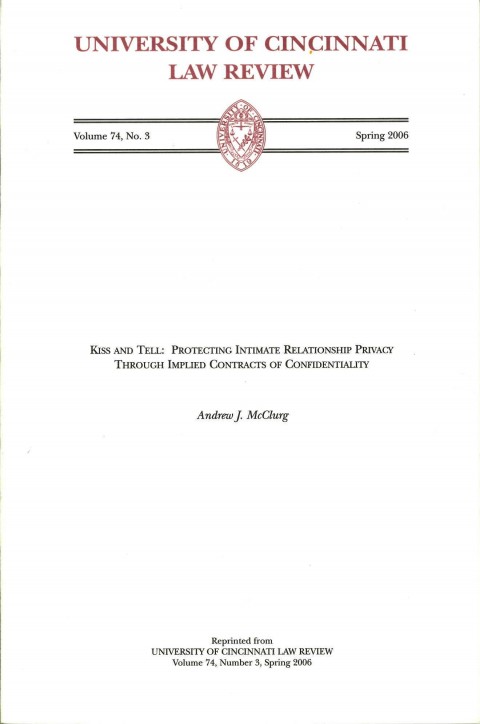
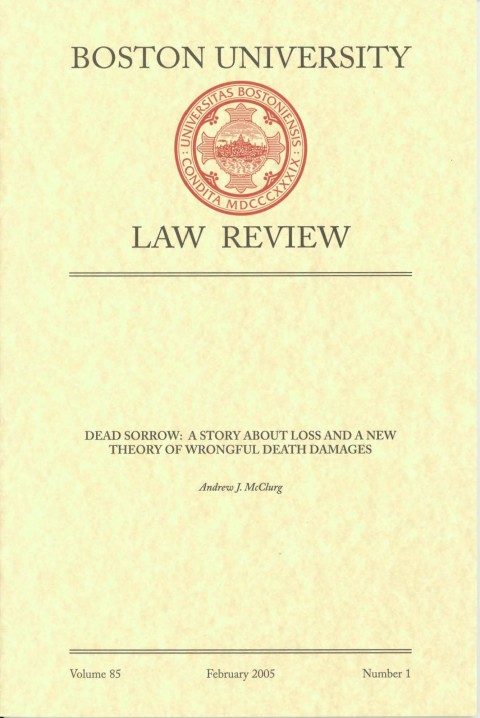
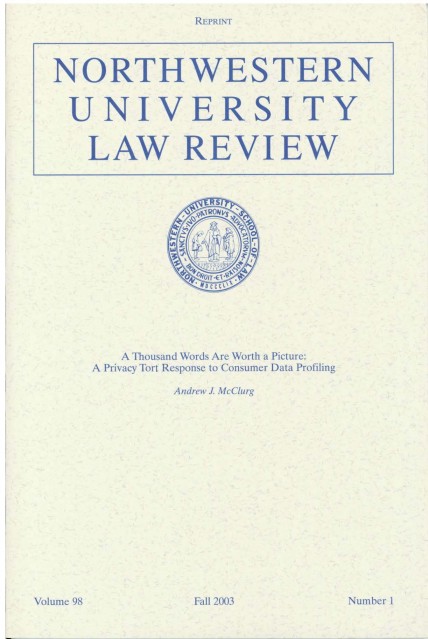
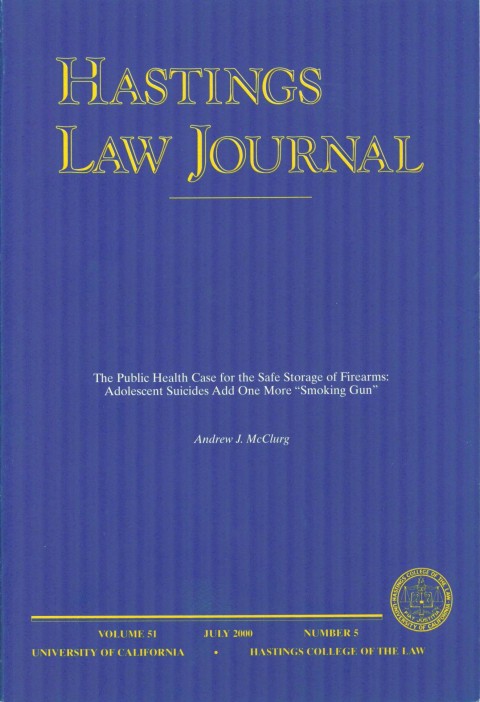
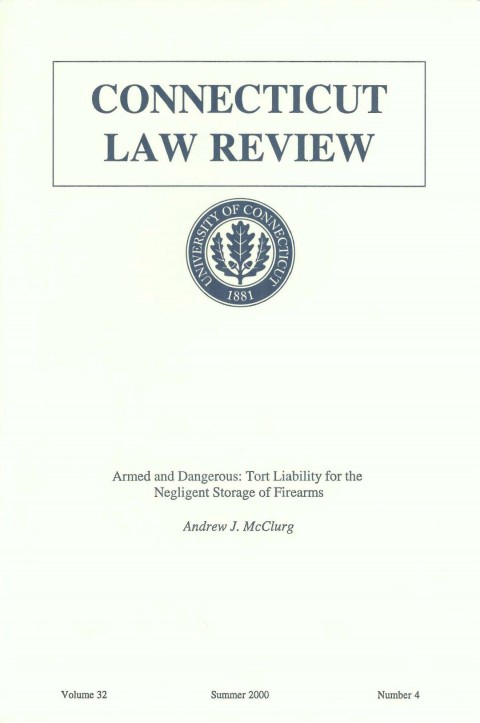
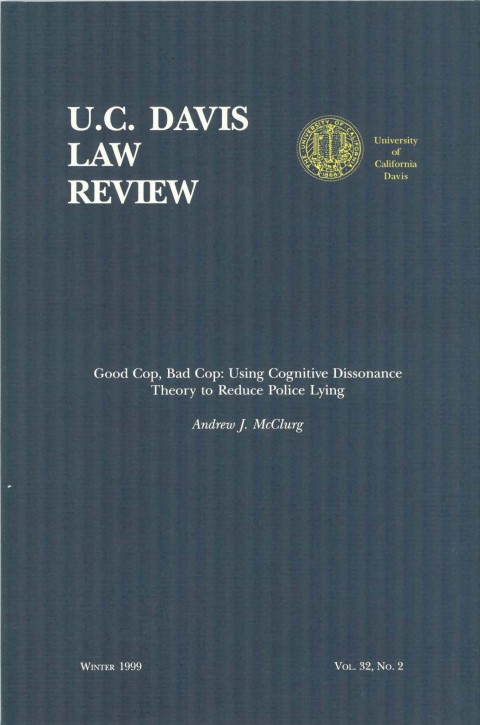
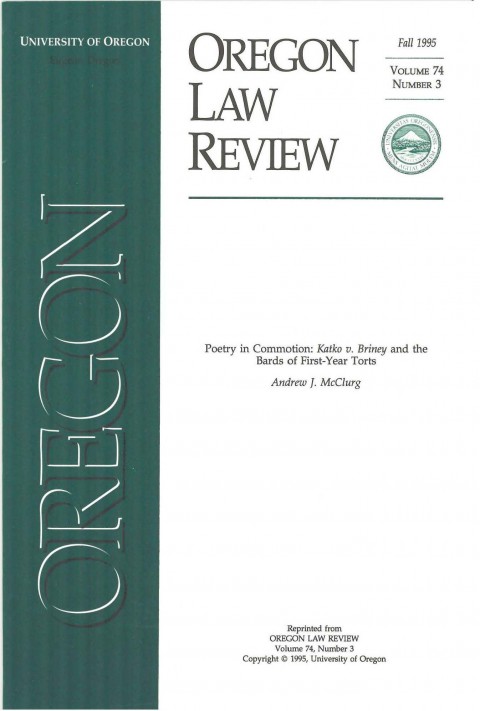
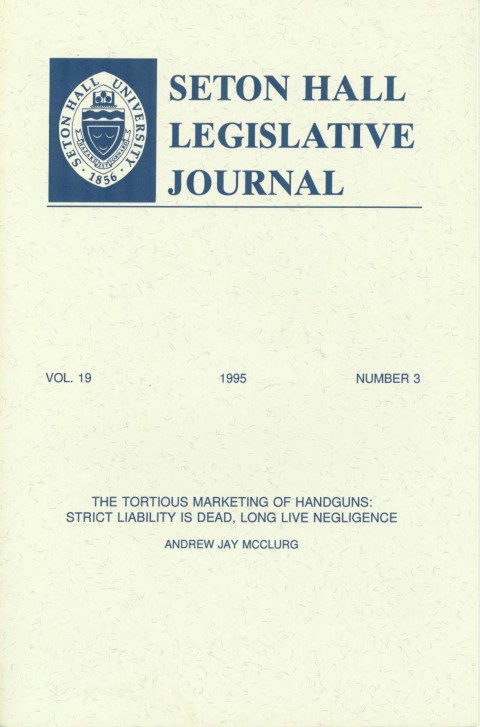
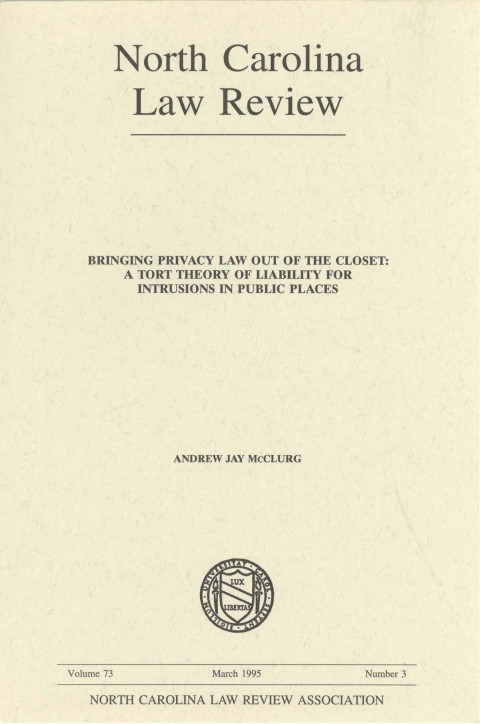
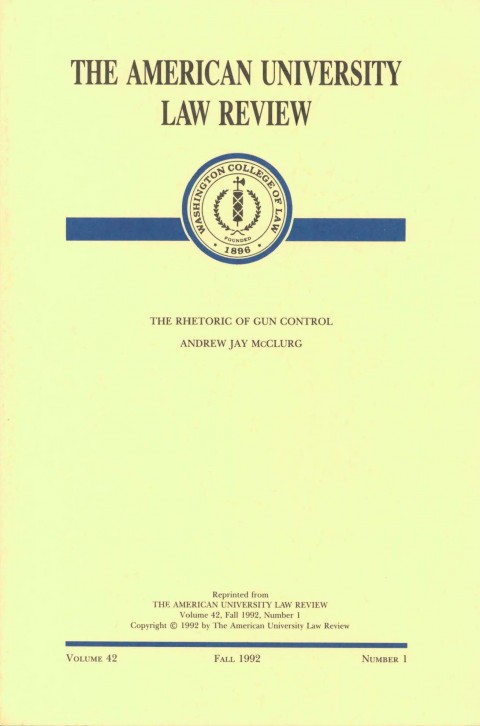
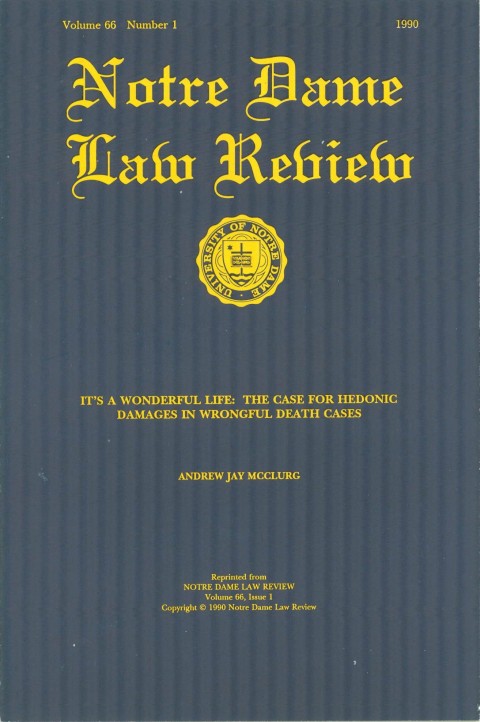
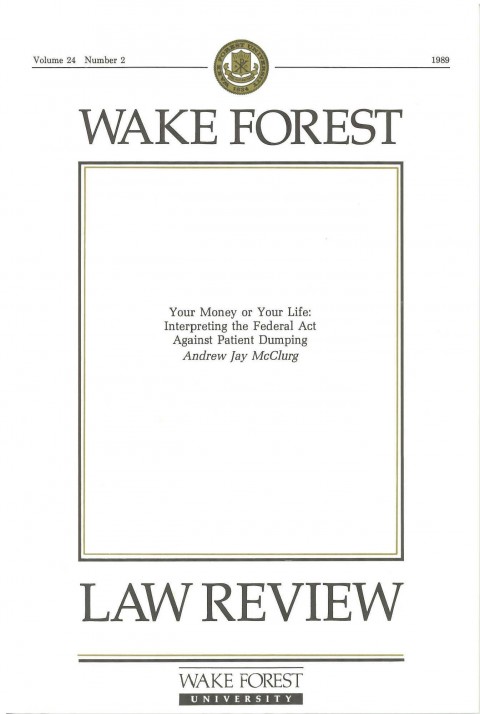
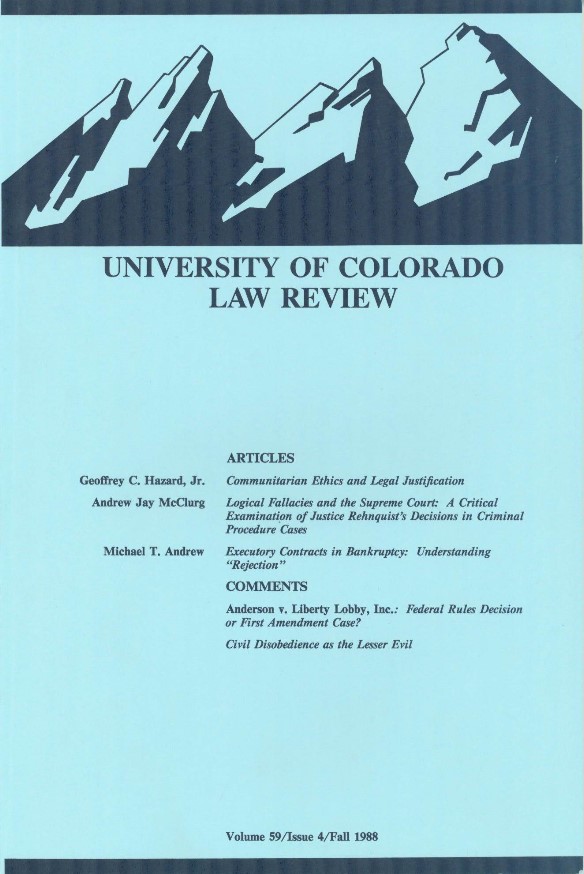
Leave a Reply